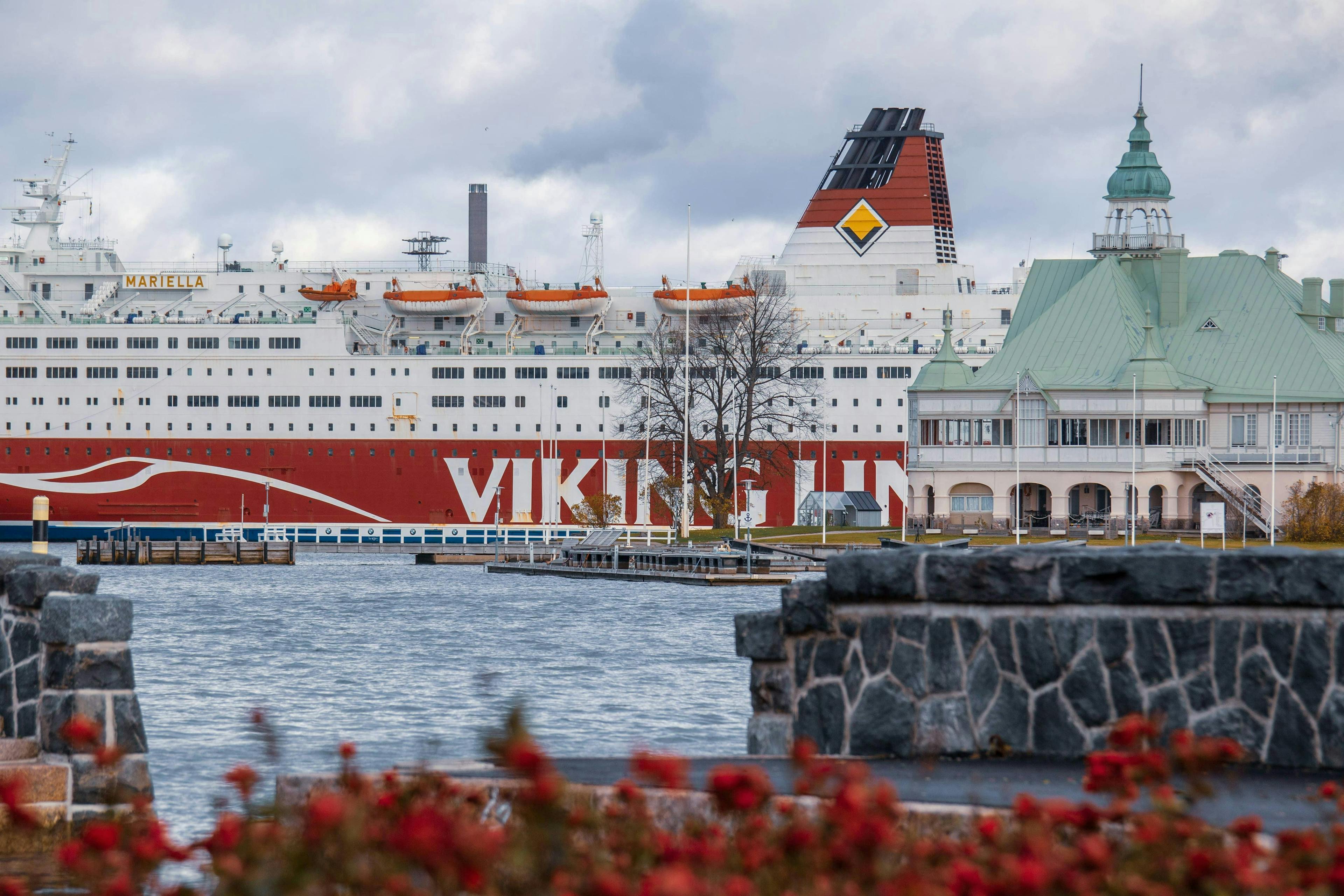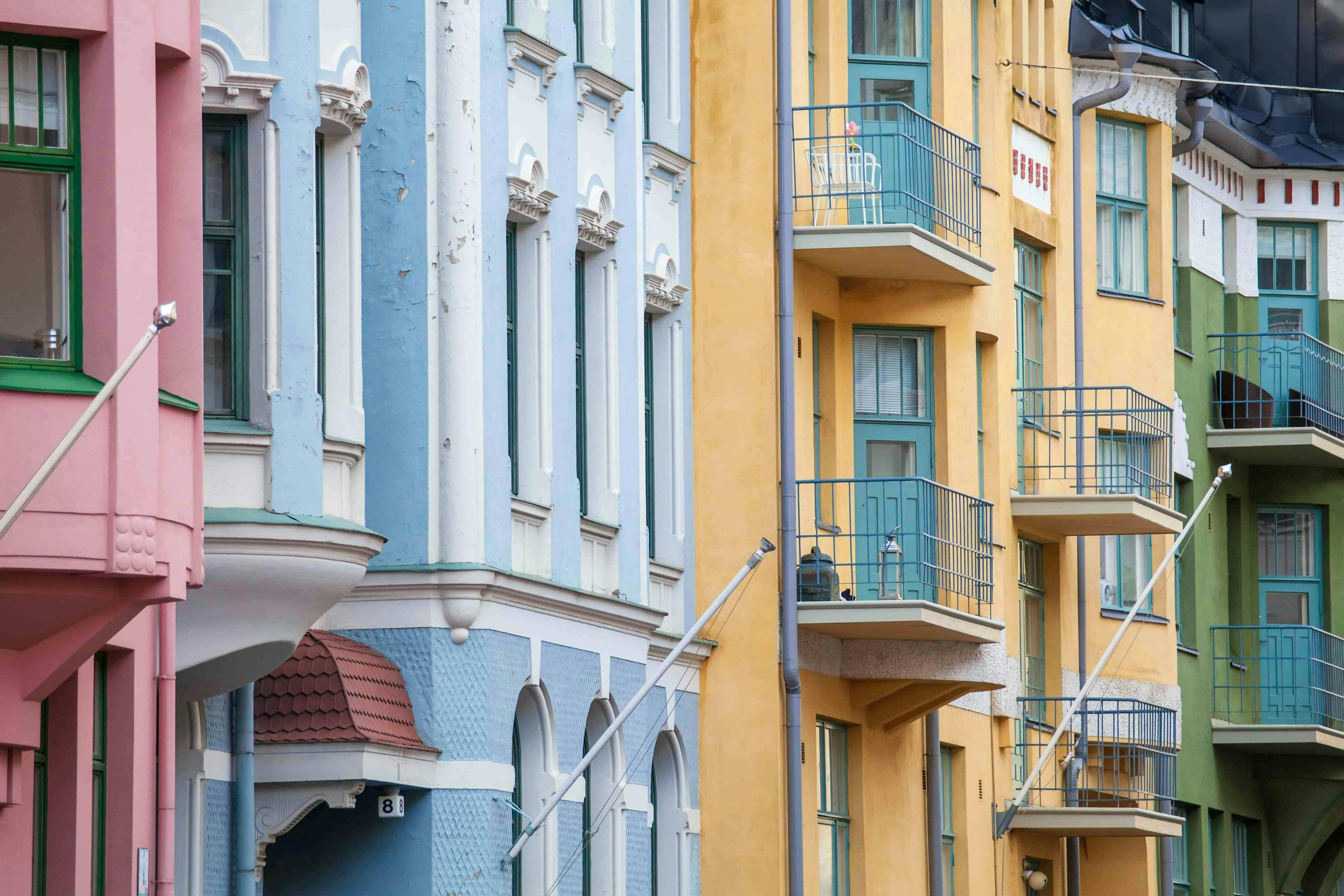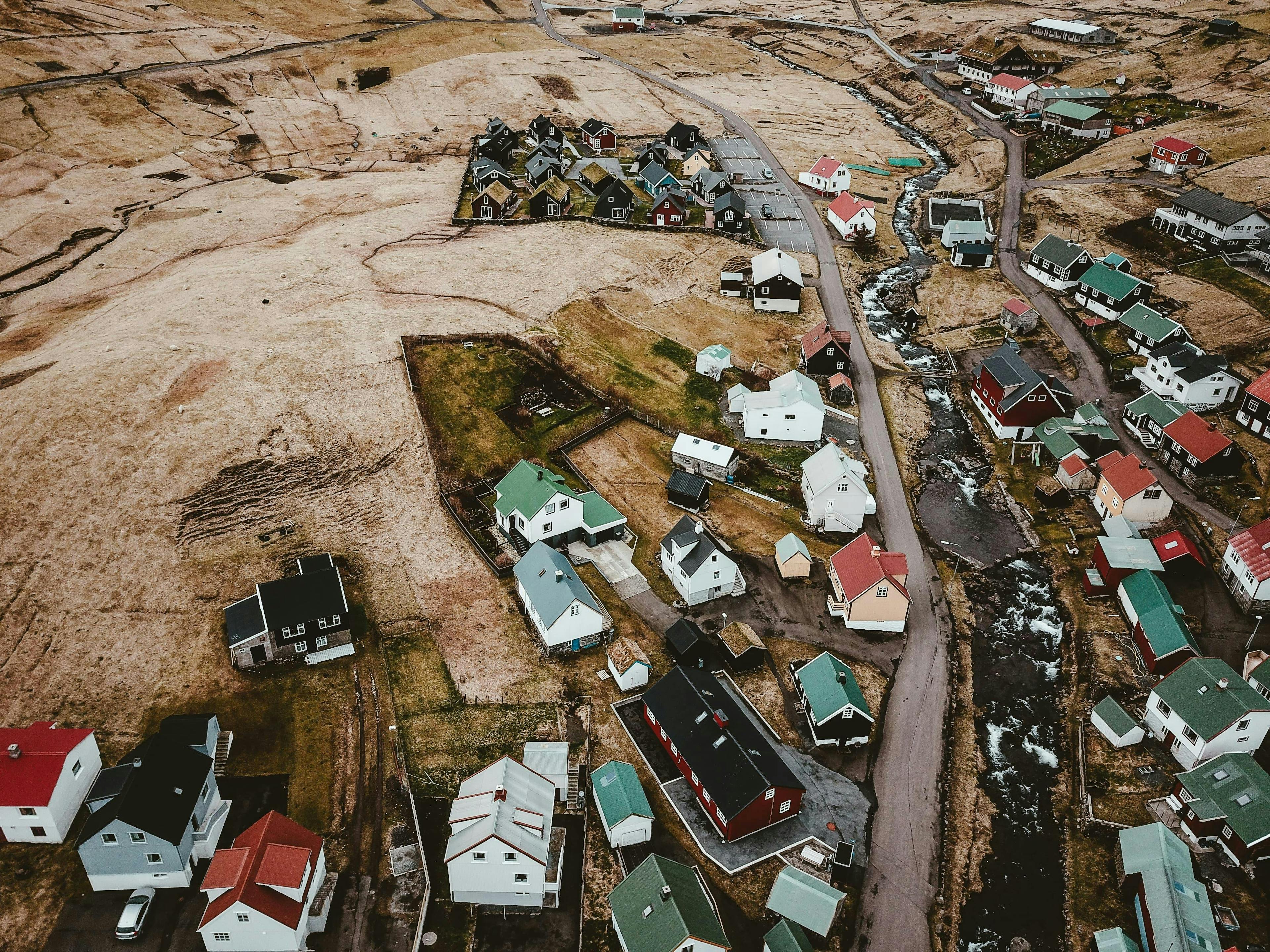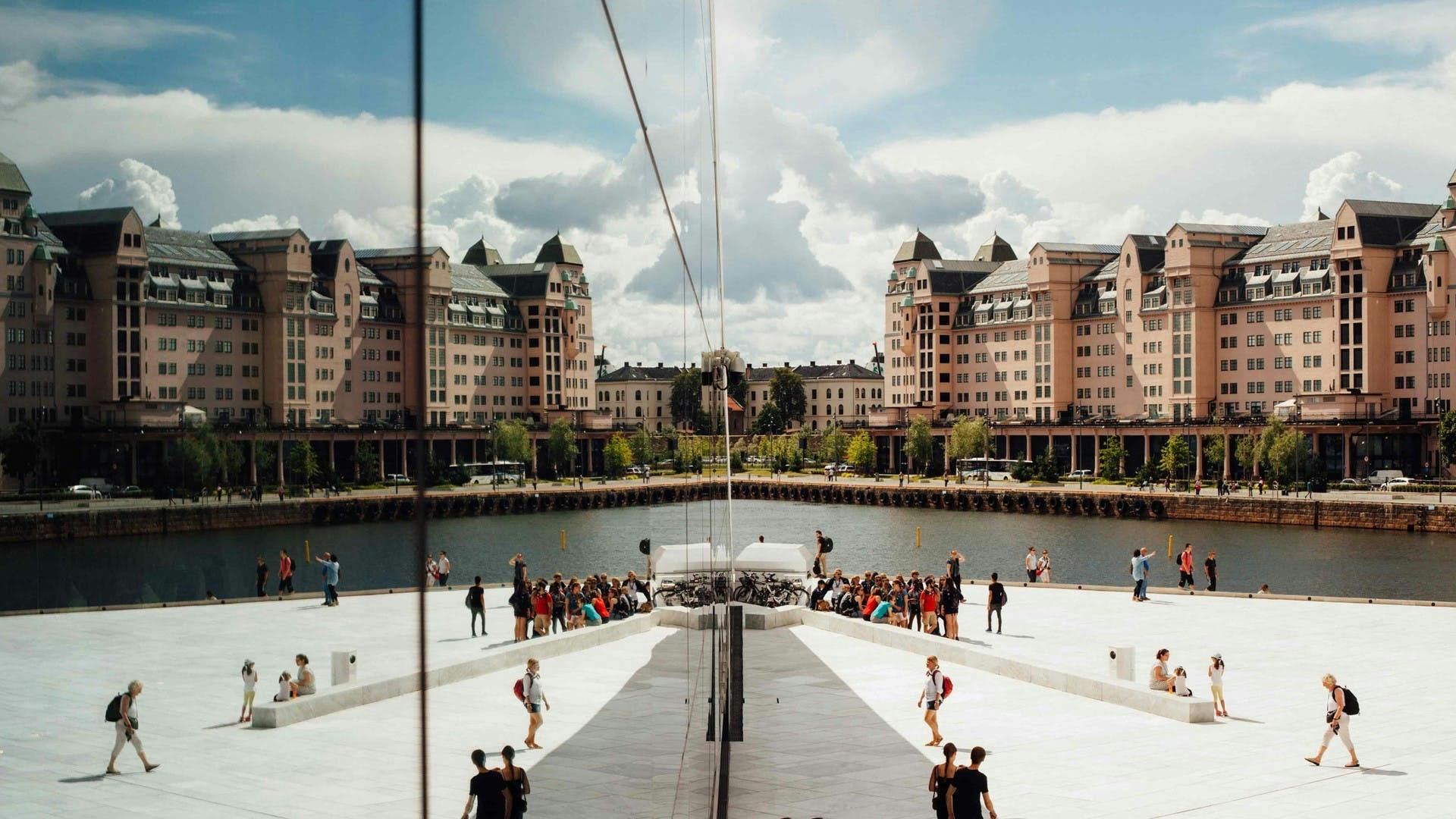Now is the time to build an impact startup in the Nordics. Here’s why
opics like sustainability and making an impact have been emphasized by governments and startup scenes in the Nordics since the inception of the UN’s Sustainable Development Goals. More than ever, now is an opportune time to build businesses that matter, says Helsinki-based startup enthusiast, Kimberly Oguilve.
Countries in the Nordics (Denmark, Sweden, Iceland, Finland and Norway) are among the world’s top ten with the highest scores on implementing the UN’s Sustainable Development Goals (SDGs).
When the UN adopted the goals in 2015, which strive to address global challenges by 2030, it sparked a new rise in impact and sustainability-led initiatives in various startup communities not just in the Nordics, but worldwide.
One of the most prominent Nordic movements born in 2017 inspired by the SDGs is Katapult Future Fest, a two-day festival in Oslo focusing on how impact investing – capital placed with organizations and companies that can demonstrate they benefit the environment or society – and exponential technologies can procure a more promising future.
In the run-up to this year’s festival in May, Katapult has released a State of Impact booklet, listing some of the most prominent impact-led founders and investors in the Nordic region.

The harbour in Helsinki. Photo: Unsplash/Tapio Haaja
Additionally, since 2015, Helsinki-based startup event Slush has been running its Global Impact Accelerator in collaboration with the Ministry Of Foreign Affairs in Finland. The goal of the program is to support impact entrepreneurs and give way to interesting opportunities in emerging markets.
A new fund by Danish VC firm 3B Ventures moreover launched last year with the aim of aligning Nordic talent with investments into startups capable of impacting future generations across the globe. The startups will be located specifically in Southeast Asia and will come from industries such as healthcare, agriculture, water, energy and education.
But it doesn’t stop there, as there are plenty of other organizations shaking things up in the Nordic impact scene. Here are further points as to why now may just be the right time to build ventures that are both sustainable and profitable.
Consumer behavior is changing
Though we’ve known about fast fashion and irresponsible practices in supply chains for years, consumers are especially now taking notice as well as action. As such, there’s potential for startups to be focusing their attention on the changing nature of consumer behaviors from an impactful perspective.
According to 2018 figures from the Sustainable Brand Index, a sustainability brand study based in the Nordics, over 70 percent of consumers in Sweden, Denmark and Finland say that sustainability affects their purchasing decisions.
Retail powerhouse H&M was accused of burning 12 tonnes of unsold clothing in 2017. The following year, retail contributor at Forbes, Pamela Danziger, argued that one of the reasons why H&M is falling out of favor with fashionistas in the US is that its fashion supply far exceeds its demand.
While established companies are starting to really think about sustainable practices in business, some startups have been leading the way in this regard. For instance, Helsinki-based startup Zadaa was deemed this month one of the hottest young tech companies in Finland by The Next Web. Zadaa is a marketplace app where users can sell and buy clothes that match their body measurements.

Homes in Helsinki. Photo: Unsplash/Tapio Haaja
Impact investments are on the rise globally
Over the past decade, impact investments have been on the rise worldwide and new players have been entering the scene – another reason why now’s the right time to build startups that matter.
Key findings from the latest Annual Impact Investor Survey, in which the majority of respondents are based in Europe and North America, show that the impact investing industry is growing.
Additionally, 84 percent of respondents said their organization has been making more impact investments compared to three years ago. The survey moreover found that the returns of these impact investments were in line with both financial and impact expectations the investors had.
Awareness of the impact investing trend has been raised with organizations such as Toniic, a global action community whose purpose since 2010 has been to support and empower impact investors and entrepreneurs. Toniic said its members currently have a combined $2.8 billion in impact investments – a huge increase from $1.65 billion in 2016.
When it comes to the Nordic region, the previously mentioned Danish firm 3B Ventures isn’t the only relatively new VC on the block.
NIIN (Nordic Impact Investing Network) was founded in 2018 with the goal of “making impact investing mainstream.” The network has cohosted seven breakfast gatherings for impact-minded investors across the Nordic region and Asia.
Nordic-based impact startups are also on the rise
There are a number of notable impact startups in the Nordics that are leading the way and inspiring aspiring entrepreneurs who aim to launch social enterprises.
This is perhaps not surprising, given that Nordic startup ecosystems have over the last few decades spearheaded the global shift in digitalization and risen through the ranks to become a hotbed for innovation.
Well-known names such as Skype, Spotify and Supercell have become synonymous with Nordic unicorns and breeding mature ecosystems filled with knowledge.
Startups such as The Upright Project based in Helsinki, whose mission is to incentivize companies to optimize their net impact, have started a new movement of quantifying impact in terms of the big picture.
There’s also the Stockholm-based AI company, Sana Labs, which is revolutionizing and personalizing the education industry by using and applying recent breakthroughs in machine learning.

The Faroe Islands in Denmark. Photo: Unsplash/Annie Spratt
Technology can accelerate reach and impact
While tech can help many startups carry out their mission and vision, what’s essential from day one of the entrepreneurial journey is a true problem-solving mentality and a business mindset to create products and services that have a positive impact.
“Artificial intelligence, blockchain and genetic engineering are all examples of technologies with the potential to have a positive impact on society and the environment when deployed on a global scale,” Katapult’s State of Impact report states.
The possibilities are endless and solutions built around simple concepts such as minimizing waste (circular economy) and resource efficiency (sharing economy) are playing an outstanding role in governments across the Nordics.
A clear example is Finland's Sitra, a government-led innovation fund. As a “fund for the future,” Sitra is committed to making Finland a pioneer of sustainable living.
Now is the time to build ventures that are both sustainable and profitable.
When it comes to the realm of impact investing, blockchain is on its way to becoming a groundbreaking technology. Blockchain-based applications are being developed by utilizing “impact tokens” and attributed an SDG to make it easier to track the development and impact of investments.
The role of blockchain and cryptocurrencies in the future should not be forgotten when building financial systems that are accessible to everyone. “A stable, inclusive financial system is one of life’s most important, basic pillars,” said Katja Toropainen, the former chief curator of Slush who is currently researching financial inclusion.
“SDGs are only one side of the impact coin as we tend to forget that besides climate change issues, over half of the world’s population lives under an authoritarian regime and that human rights and freedom are not considered self-evident,” Katja added.
Ultimately, the talent and inspiration for building impactful companies in the Nordic region exist. With such a high quality of life in the Nordics, and a general education level that’s among the highest in the world, we cannot just sit there and fail to act.
Instead, we should be taking a look at how the rest of the world is doing and especially when it comes to entrepreneurship and innovation, seeing where improvements can be made.
Keen on hearing more about the impact startup scene in the Nordics? Founder and CEO of Startup Guide, Sissel Hansen, will be speaking about this very topic at SXSW on March 11th, 2019. See here for further details on the event.
Main photo of Oslo Opera House by Oliver Cole/Unsplash

